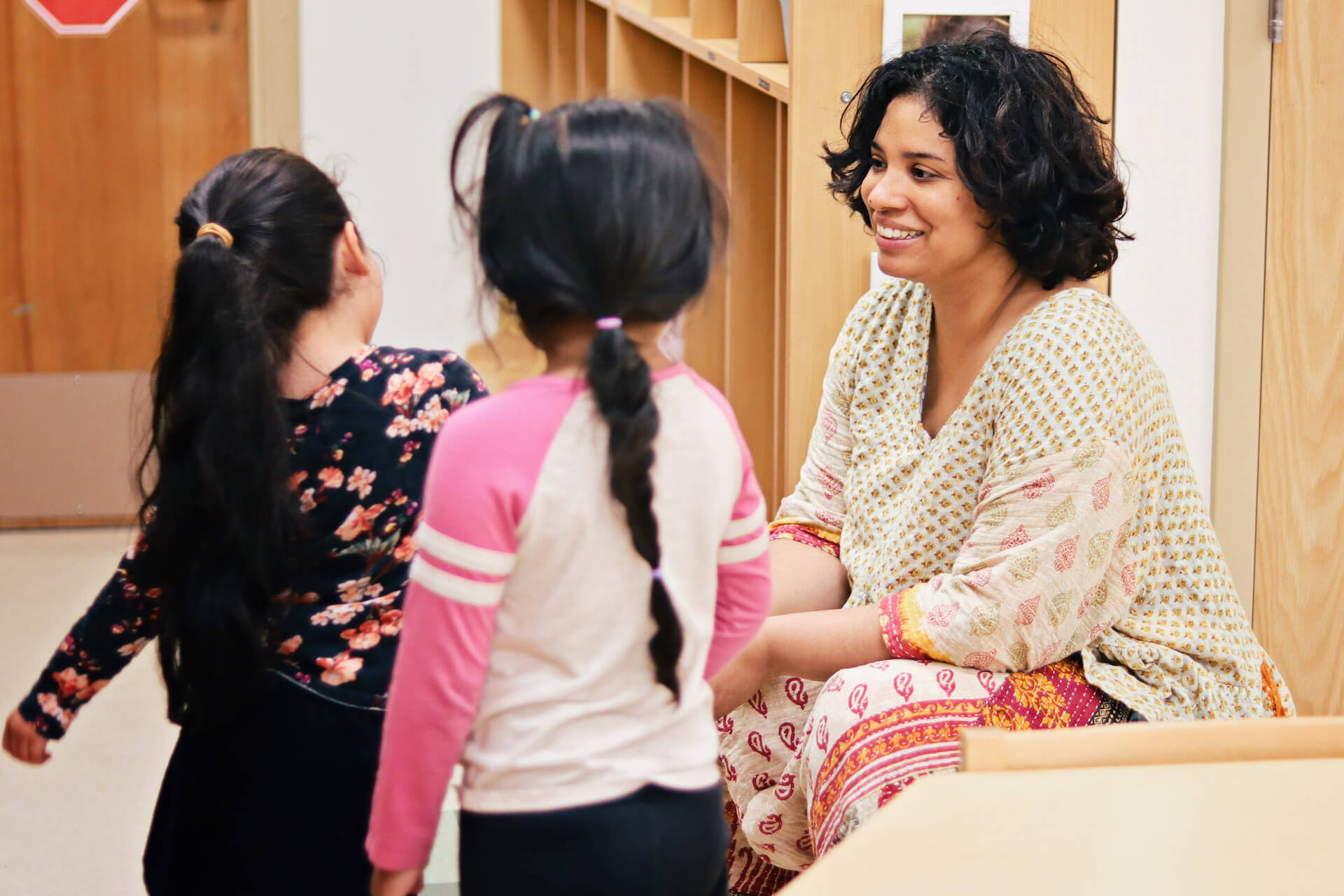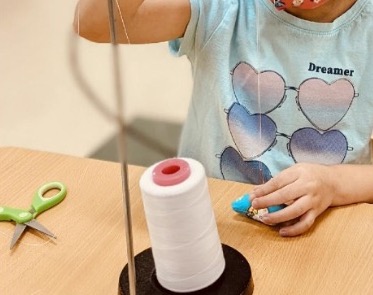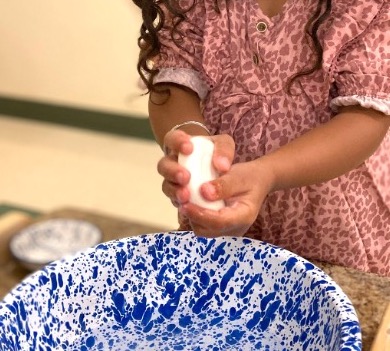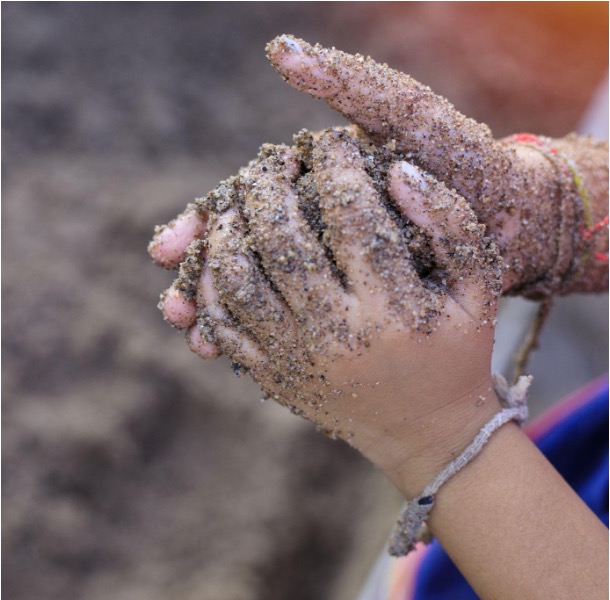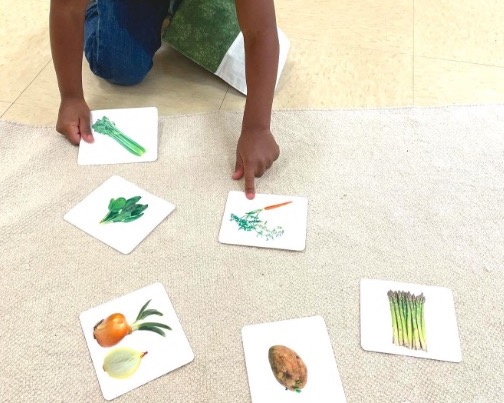Why Montessori
Empowering Young Minds for Lifelong Success
Montessori education nurtures a child’s natural curiosity, independence, and love for learning. Rooted in respect for each child’s unique development, it fosters critical thinking, creativity, and self-confidence—skills essential for lifelong success.
In a Montessori classroom, children are empowered to explore at their own pace, guided by dedicated educators who cultivate a rich, hands-on learning environment. By choosing Montessori, parents embrace an approach that honors individuality, encourages responsibility, and lays the foundation for a passionate, self-motivated learner.

Montessori Classrooms Are Well Researched and Are Designed for Children.
Montessori in the Classroom
In a beautiful classroom sized just for them, children confidently pursue the skills and knowledge they need.
Guided by highly trained adults and surrounded by materials created to appeal to and support their stage in development, the children gain social and educational skills to support lifelong learning and adult wellness.
Play is the work of the child.
– Dr. Maria Montessori
A chance for the child to explore their natural curiosities
The Montessori Educational Method
Developed in the late 1800’s by Dr. Maria Montessori, a physician and scientist, the Montessori method grew out of her careful observation of children and how they naturally learn and grow.
In 1906 the first Montessori classroom, or “Children’s House” was opened in Rome serving very young children who were impacted by family poverty.
Dr. Montessori noticed something profound: young children when given a well-prepared classroom and freedom to explore naturally engaged in learning. They seek new skills which build off of skills they have learned. Growing brains are still grappling with language, so small children learn best with minimal verbal instruction, through movement, color, sensations, and repetition. Dr. Montessori designed a wide range of educational materials that are found today in Montessori classrooms.
Maria Montessori believed in children, and her classrooms were designed to allow them to explore, grow and gain confidence.

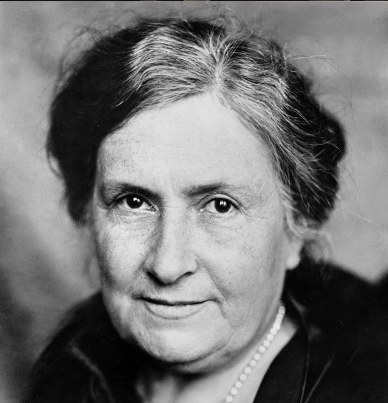
The goal of early childhood education should be to activate the child’s own natural desire to learn
– Dr. Maria Montessori
